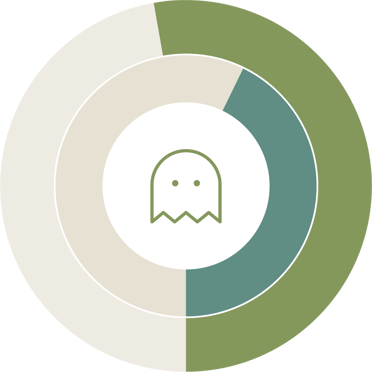Messy paper trails, deepfakes, and manual processes make invoice fraud easy.
Disorganized invoice processes are fueling organized crime—yes, that organized crime, along with a few rogue individuals— to become more professional.


Disorganized invoice processes are fueling organized crime—yes, that organized crime, along with a few rogue individuals— to become more professional.

44% of businesses have been targeted by invoice fraud
Business Email Compromise (BEC) scams hit 43% of businesses surveyed


20% of finance professionals are unable to estimate how much fraud is costing them—because they’re often unaware that it’s happening—but the other 80% put the average cost at $133,000 annually.
Finance leaders are trying to take on fraud, but mostly on their own.

Download the AP Fraud Fighter’s Toolkit and learn how to outsmart modern fraud threats—before they cost you.
What’s inside:



If you want to dive deeper and learn more about invoice fraud, check out our limited series podcast, Accounts Deceivable, which looks at a growing category of white-collar crime: invoice fraud.